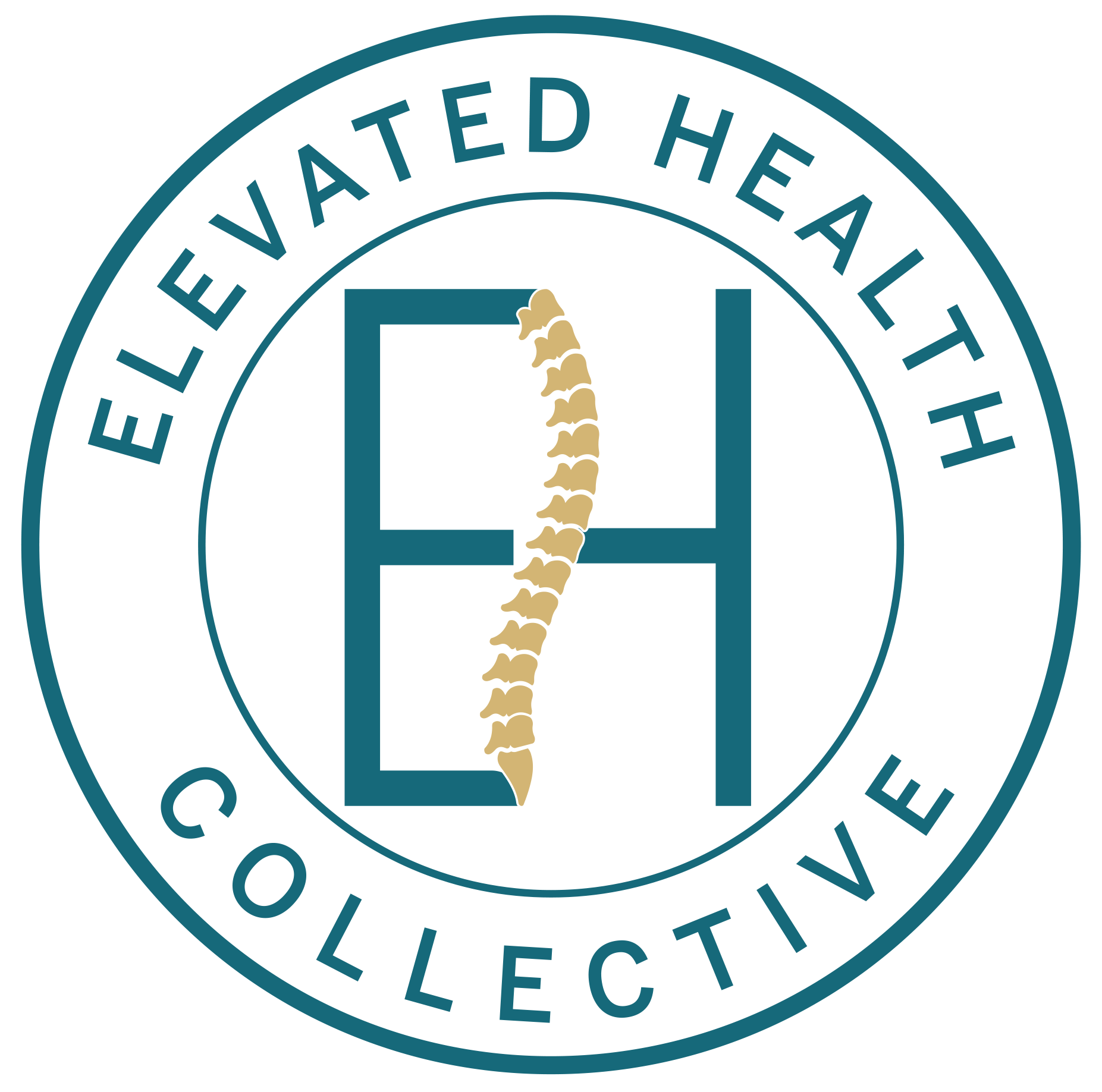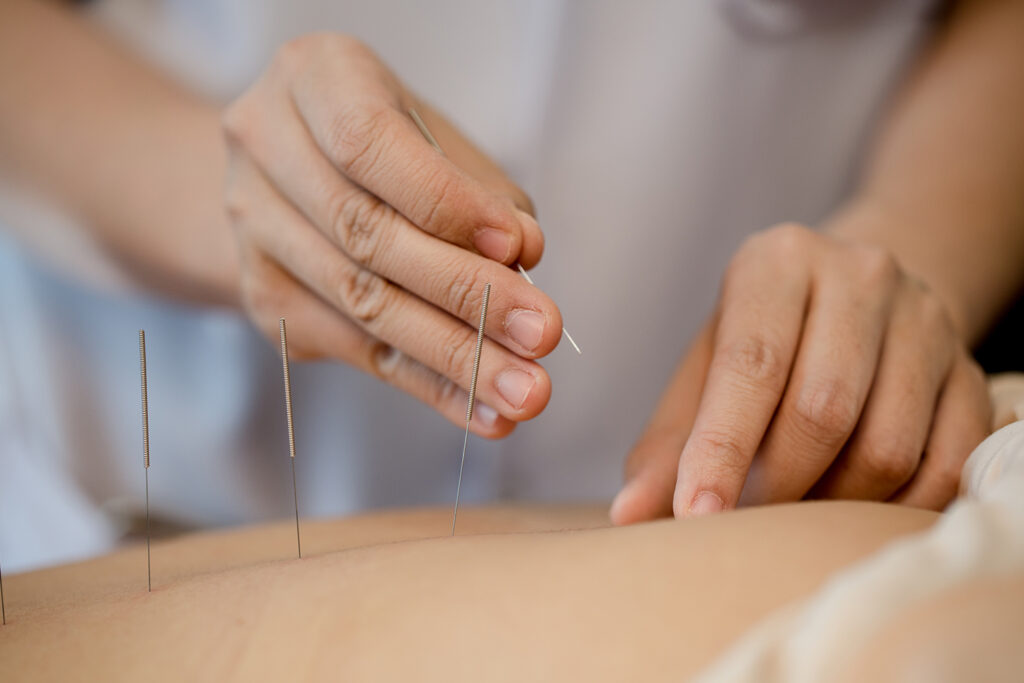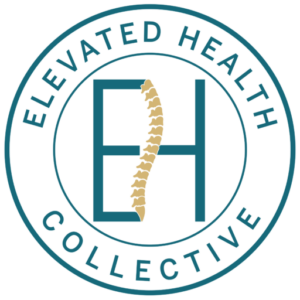When it comes to needle-based therapies, both Dry Needling (Western acupuncture) and Traditional Chinese Acupuncture (TCA) can be highly effective treatments for a variety of conditions. While both practices involve the use of thin needles, they differ in technique, philosophy, and application. Understanding these differences can help you decide which treatment might be best suited for your needs.
Dry Needling (Western Acupuncture)
Dry needling is a technique grounded in Western medicine principles. It’s specifically designed to relieve muscular pain and dysfunction by targeting what are known as trigger points—those knots or tight bands you often feel in your muscles.
- Technique: The chiropractor inserts thin needles directly into trigger points within the muscle tissue, aiming to release tension and restore normal muscle function.
- Purpose: Dry needling is particularly effective for treating muscle tension, sports injuries, postural imbalances, and chronic pain conditions like tendinitis and back pain.
- Who it’s for: If you’re dealing with chronic pain, athletic injuries, or musculoskeletal issues, dry needling can provide quick relief by addressing the root of the problem in the muscle tissue.
- Our Approach: Our chiropractor, skilled in precise needle placement, ensures that each session is tailored to target specific muscle dysfunction and help you feel better faster.
Traditional Chinese Acupuncture (TCA)
Traditional Chinese Acupuncture has been practiced for over 2,000 years and is rooted in the concept of balancing the body’s Qi (energy flow). Unlike dry needling, which focuses primarily on muscle pain, TCA is based on meridian lines and aims to treat a broader range of physical and emotional conditions.
- Technique: TCA involves inserting needles along meridians—specific energy pathways—to restore balance and flow throughout the body. The philosophy behind TCA is that imbalances in your Qi can cause a variety of health issues.
- Purpose: This method doesn’t just treat physical pain; it can address issues such as stress, digestive problems, insomnia, hormonal imbalances, and more.
- Who it’s for: If you’re seeking a holistic approach to treating chronic conditions, improving mental clarity, or managing internal imbalances, TCA can help restore overall harmony in your body.
- Our Approach: Our experienced TCM practitioner provides personalized treatments that focus on aligning your overall health and wellness goals. Each session is designed to address the root cause of your symptoms, promoting healing from the inside out.
Which Treatment is Right for You?
Choosing between Dry Needling and Traditional Chinese Acupuncture depends on your specific condition and wellness goals.
- If you’re dealing with muscular pain, injuries, or chronic tension, dry needling is an effective, targeted approach to relieve tight muscles and improve your mobility.
- If you’re looking for a more holistic treatment that not only targets pain but also addresses stress, digestion, sleep issues, and other imbalances, Traditional Chinese Acupuncture may be your preferred choice.
Elevate Your Health – Transform Your Life



